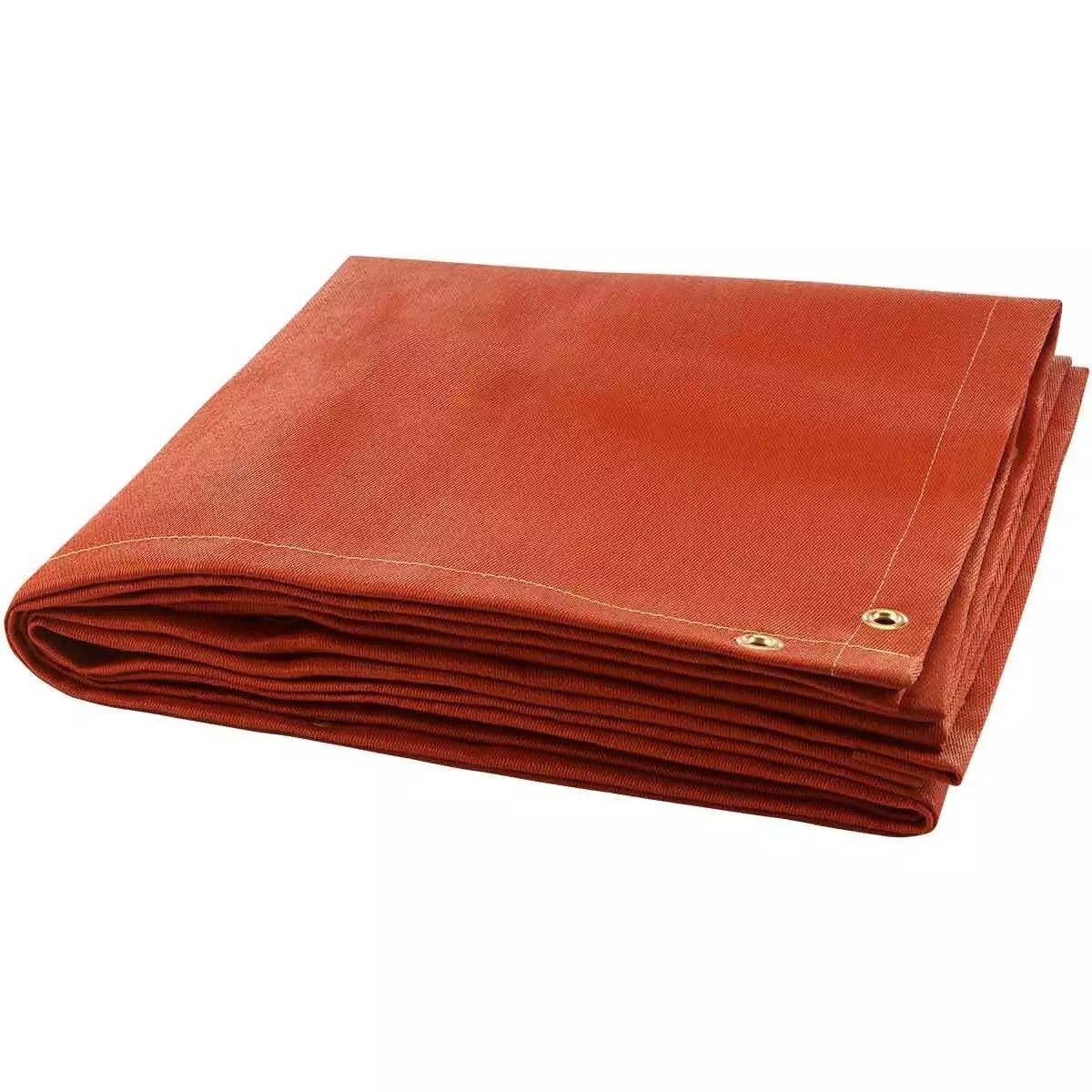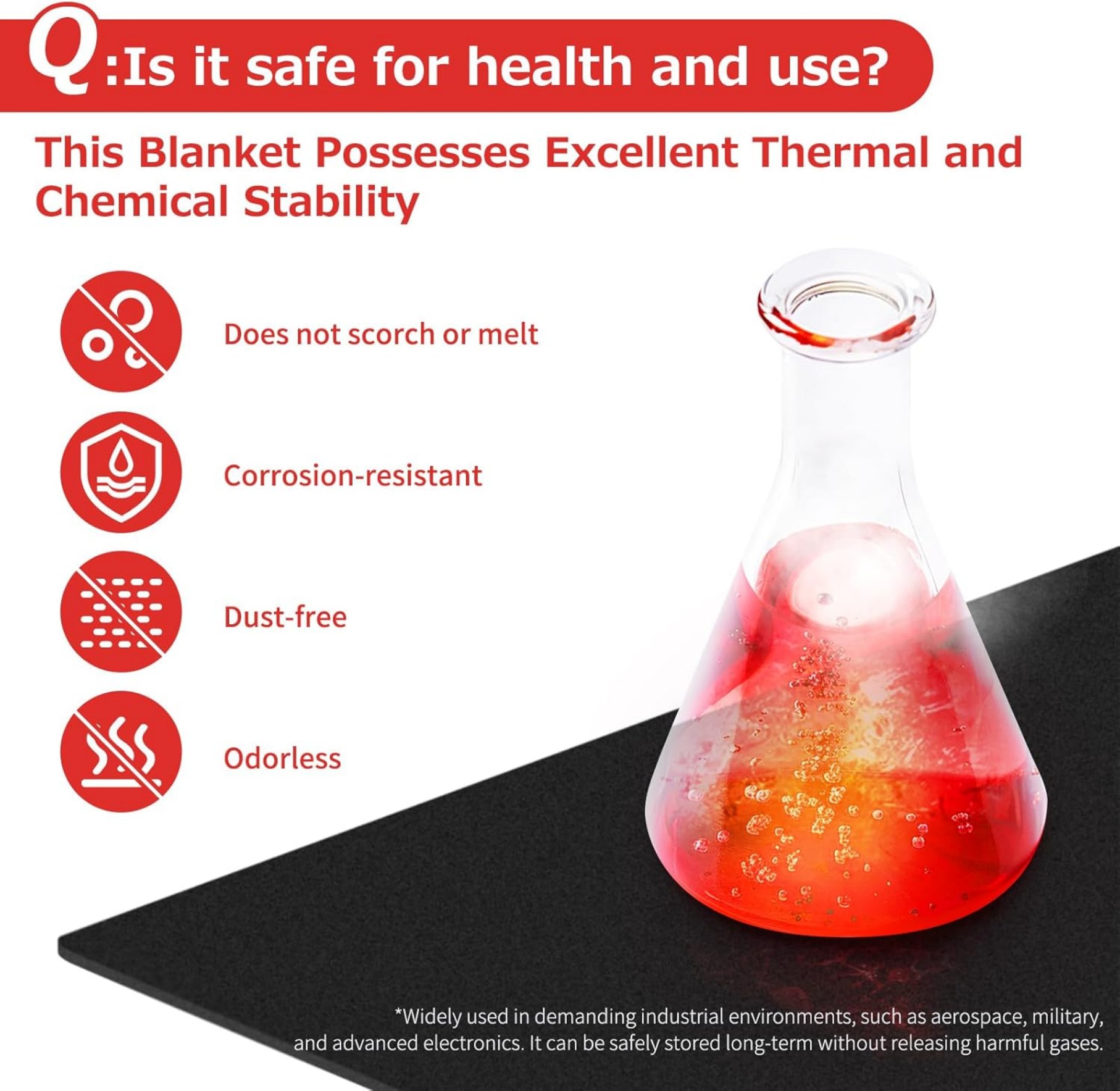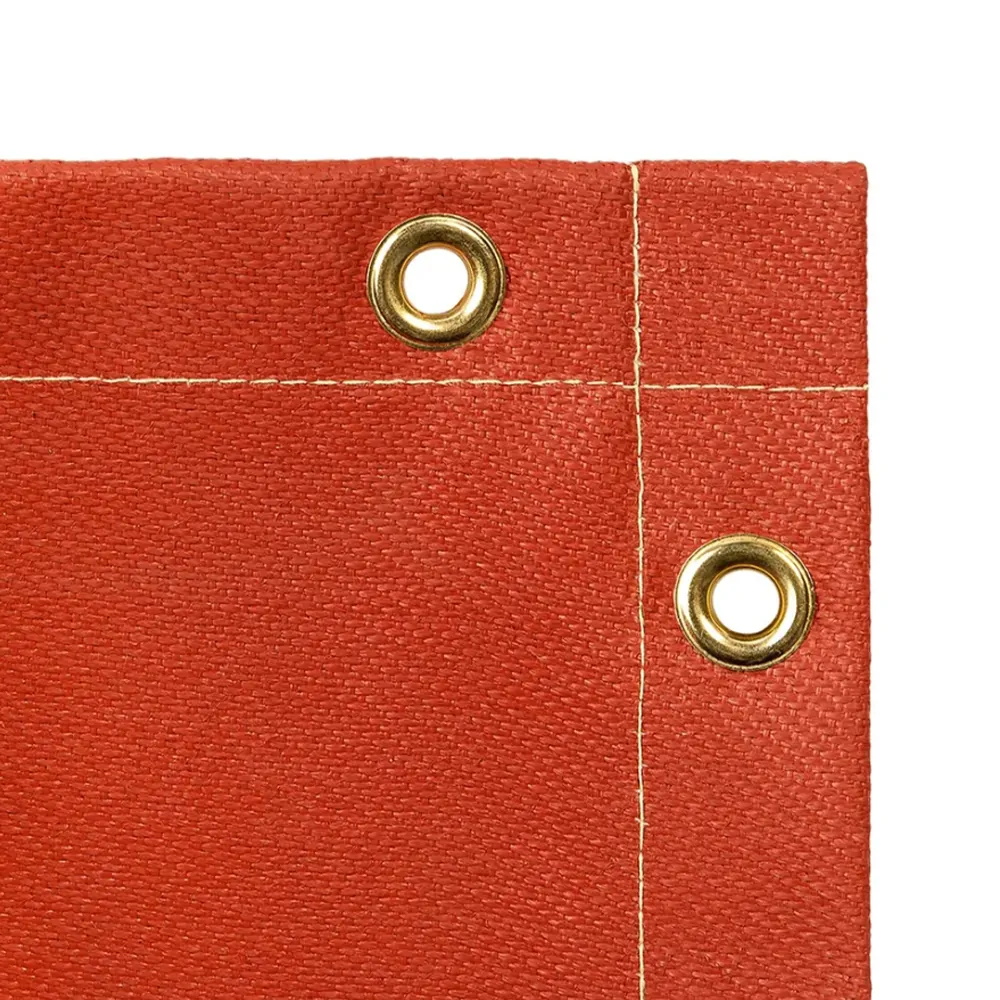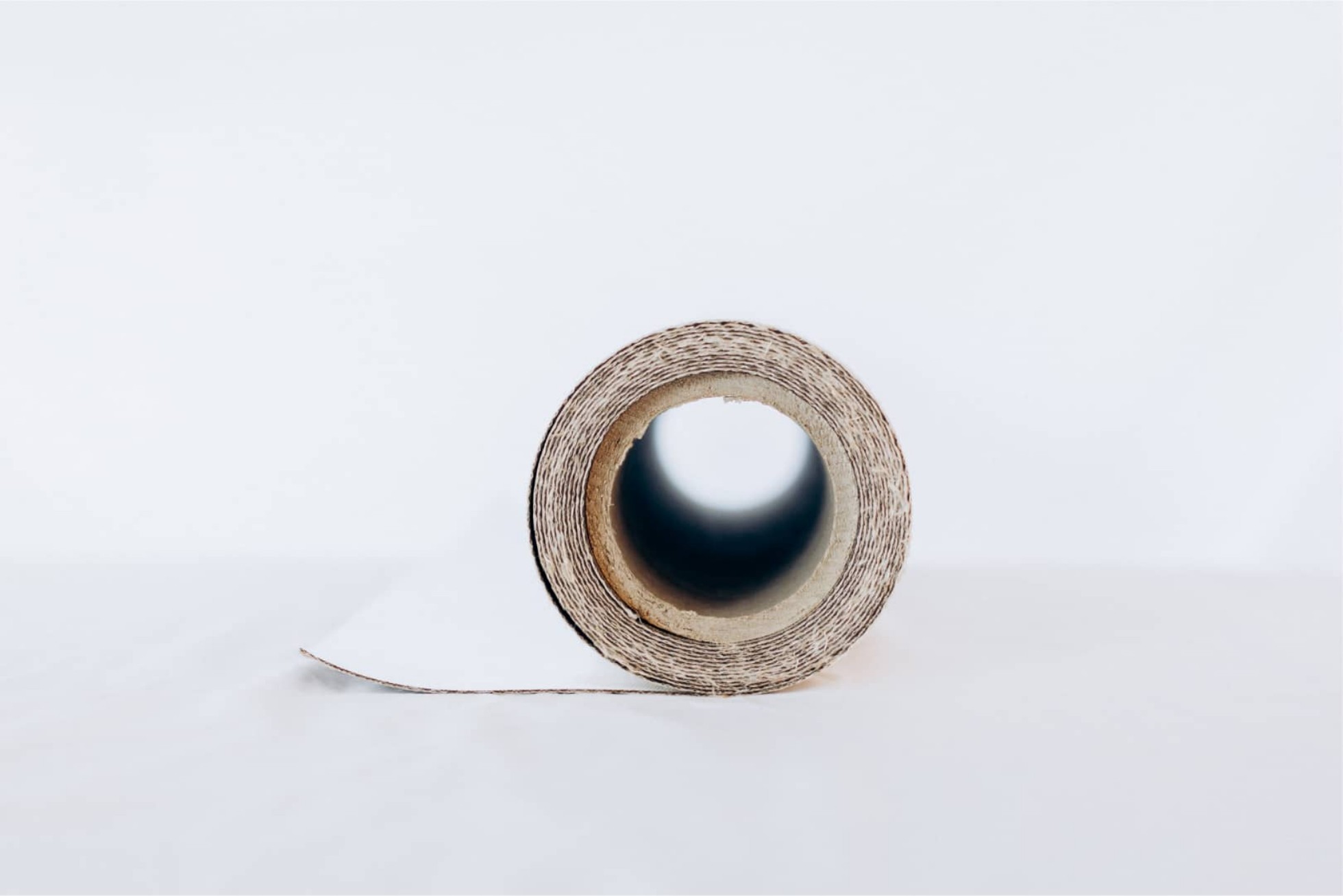Blanket Weld Carbon Fiber: Techniques and Applications Guide
Summary:Blanket weld carbon fiber combines carbon fiber materials with specialized welding techniques for strong, lightweight structures. This guide explains the process, benefits, and industrial applications of this advanced manufacturing method.
What Is Blanket Weld Carbon Fiber?
Blanket weld carbon fiber refers to a specialized joining technique where carbon fiber reinforced polymer (CFRP) materials are bonded using controlled heat and pressure. Unlike traditional welding of metals, this process uses thermoplastic matrices that melt under precise conditions to create durable bonds between carbon fiber components.
How Blanket Weld Carbon Fiber Works
The process involves three key steps:
- Preparing the carbon fiber surfaces by cleaning and sometimes texturing
- Applying controlled heat through resistance, induction, or ultrasonic methods
- Using pressure to consolidate the weld area while cooling
Specialized welding blankets maintain even heat distribution during the process, preventing hot spots that could weaken the joint. The temperature typically ranges between 300-400°C (572-752°F), depending on the polymer matrix used.
Advantages of Blanket Weld Carbon Fiber
This method offers several benefits over traditional bonding techniques:
- Stronger joints:Weld strengths can reach 80-95% of the base material strength
- Faster production:Cycle times are significantly shorter than adhesive bonding
- No consumables:Eliminates need for adhesives or mechanical fasteners
- Weight savings:Maintains the lightweight advantage of carbon fiber
- Repeatable quality:Automated processes ensure consistent results
Industrial Applications
Blanket weld carbon fiber is transforming several industries:
Aerospace:Used for aircraft interior components, drone frames, and satellite structures where weight reduction is critical. The process meets stringent aviation standards for joint integrity.
Automotive:Electric vehicle battery enclosures and structural components benefit from the combination of strength and weight savings. Major manufacturers are adopting this for high-volume production.
Medical:Prosthetic limbs and surgical equipment utilize the precision and cleanliness of welded carbon fiber joints.
Sports equipment:High-performance bicycle frames, tennis rackets, and hockey sticks achieve better performance through optimized joint designs.
Technical Considerations
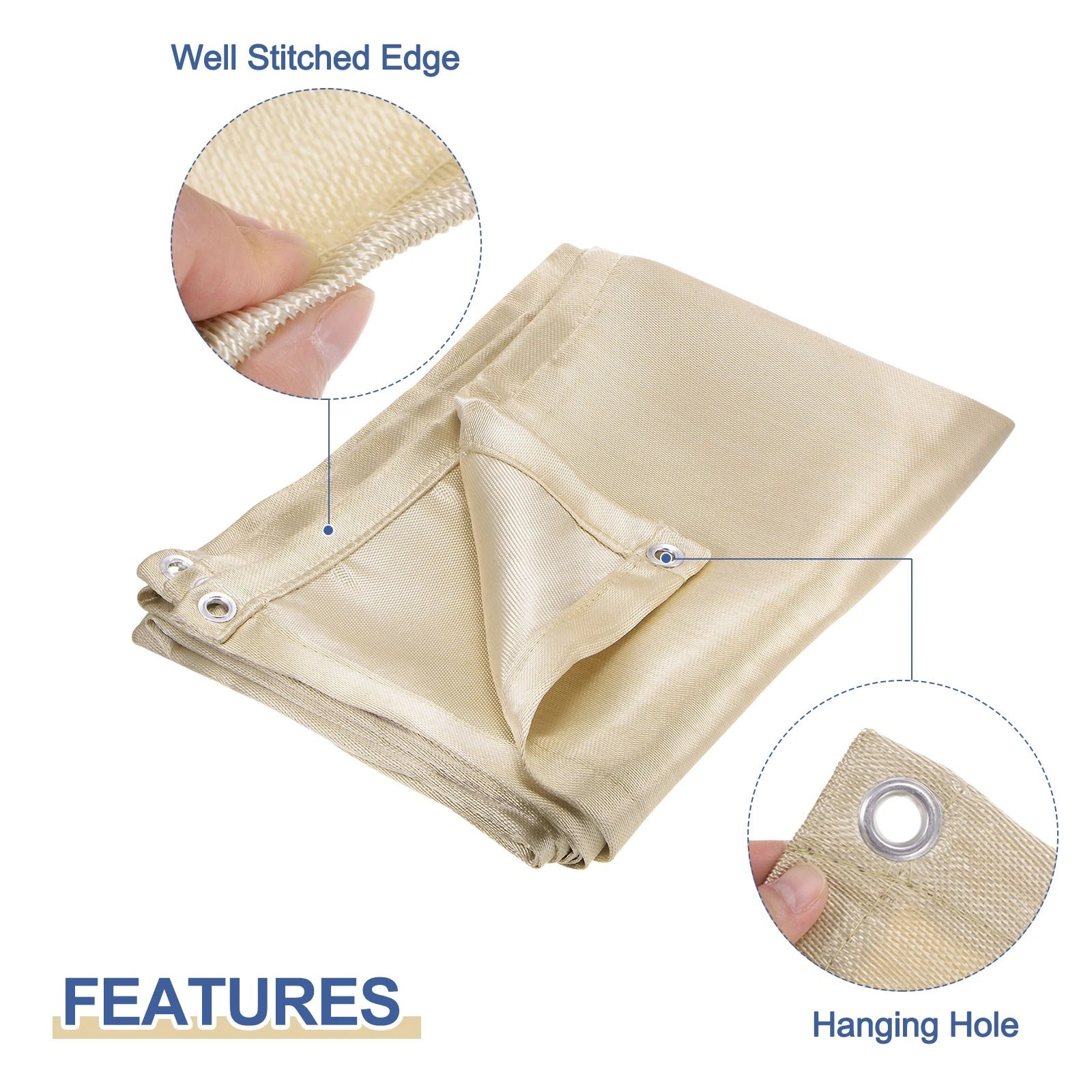
When implementing blanket weld carbon fiber, you need to consider:
- Material compatibility (thermoplastic matrix types)
- Joint design (lap, butt, or T-joint configurations)
- Process parameters (temperature, pressure, duration)
- Quality control methods (ultrasonic testing, thermal imaging)
The most common thermoplastic matrices used are PEEK (polyether ether ketone), PEKK (polyetherketoneketone), and PAEK (polyaryletherketone) due to their high melting points and mechanical properties.
Future Developments
Research continues to improve blanket weld carbon fiber technology:
- Development of lower-temperature processes for heat-sensitive components
- Integration with automated fiber placement systems
- Hybrid welding methods combining multiple energy sources
- Smart welding blankets with embedded sensors for real-time monitoring
These advancements will expand applications into new markets like renewable energy (wind turbine blades) and construction (lightweight structural elements).
Conclusion
Blanket weld carbon fiber represents a significant advancement in composite manufacturing. By understanding the process parameters and material requirements, you can implement this technology to create stronger, lighter products with improved production efficiency. As the technology matures, expect to see broader adoption across multiple industries seeking high-performance composite solutions.


